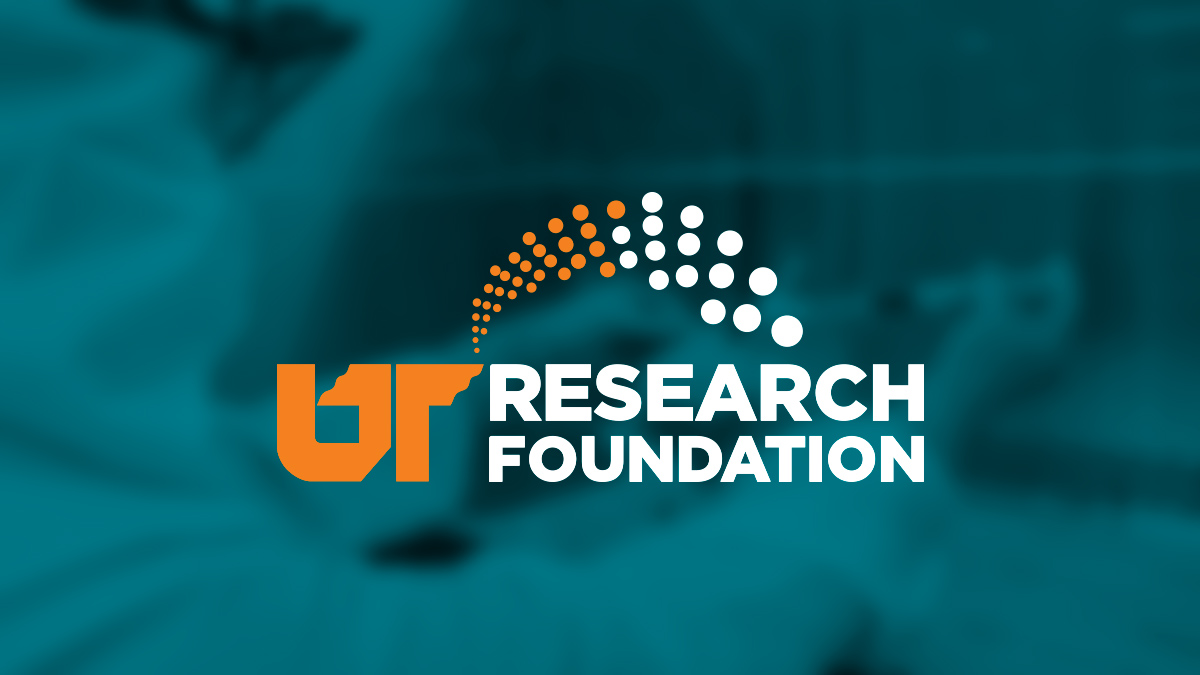
From developing a strapless CPAP device for sleep apnea to using bioluminescent zebrafish as a tool for drug screening, the University of Tennessee Research Foundation’s Maturation Funding program has helped researchers develop technologies with potential for commercial use.
UTRF is now accepting submissions, in the program’s 10th year, and will award up to $15,000 to the highest-ranked proposals submitted from across the UT system. Deadline for proposals is 5 p.m., Oct. 24. More than $960,000 has been awarded to more than 60 projects in the past nine years to program participants.
“UTRF’s Maturation Funding program helps move ideas closer to the marketplace,” said Richard Magid, UTRF vice president. “The ideas we are supporting are trying to furnish solutions to problems many Tennesseans face.”
A panel of technical and business experts from inside and outside the university will rank projects based on a demonstrated path for commercial development, market potential and stage of development. Awards will be announced on Dec. 1 and projects begin on Jan. 1, 2018.
UTRF helps inventors commercialize intellectual property and has been a contributor to countless successful inventions and projects. These inventions are influencing and transforming fields such as nanotechnology and material science, medicine and forensics, livestock fertility and national security, dentistry and energy storage.
UTRF has made the process of commercializing of intellectual property easier for UT researchers and inventors. Denis DiAngelo, a UTHSC professor of orthopedic surgery and biomedical engineering, is developing a back brace that allows the wearer to move in multiple directions, which can help the person to maintain an active daily life. This “traction on the go” is backed by extensive laboratory testing and is undergoing clinical testing. The brace could eliminate or delay the need for spinal surgery in some patients. UTRF was able to help DiAngelo patent the brace, which led to this year’s founding of EMBrace Design, a startup company that participated in the nationally-recognized Zeroto510 medical device accelerator.
UTRF doesn’t just help with patents. Its experts gave guidance to F. Neal Schrick and J. Lannett Edwards of the UT Institute of Agriculture on forming their own startup company, Fertility Focus Inc. Schrick and Edwards developed a solution to the problem of 70 percent embryotic loss in cows during the first two weeks of fertilization, which can hurt profits for farmers. They created the Embryo Guard, a protective layer that shields the embryo from the destructive hormone prostaglandin F2a (PGF2a).
More information on UTRF and the Maturation Funding program is at https://utrf.tennessee.edu.
Tags: Biotechnology, Technology, UT Research Foundation